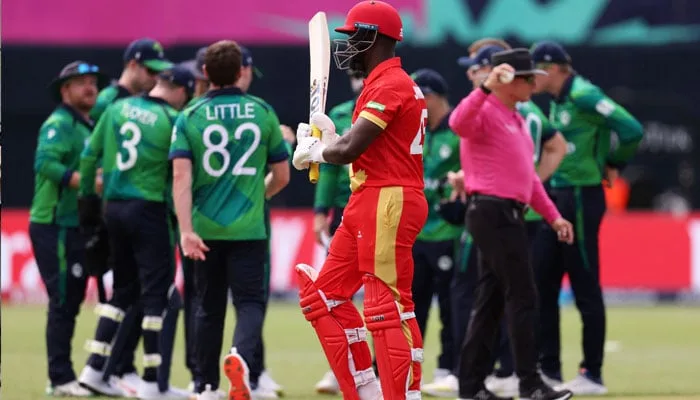The IBS World Snooker Championship in Doha, Qatar, delivered intense drama, emotional highs, and unexpected exits as Pakistan’s journey in the global event came to an end on the fifth day. For Pakistani snooker fans, the championship was filled with excitement and high expectations, especially after the strong early-round performances of national stars. However, despite showing skill and determination, all Pakistani contenders were knocked out before reaching the semifinals.
Among the top hopes was three-time world champion Muhammad Asif, who entered the IBS World Snooker Championship with the ambition of defending his title. His journey was impressive in the initial stages, particularly his commanding victory over Iran’s seasoned cueist Amir Sarkosh in the pre-quarterfinals. Asif’s sharp potting, tactical play, and experience made him one of the strongest contenders in the lineup. Yet, snooker is a game where one small mistake can change the entire direction of a match.
In the quarterfinals, Asif faced Poland’s talented player Michael Szubrczy in a nail-biting contest. The match extended to seven frames, showcasing the intensity and balance of skill between the two cueists. Although Asif fought hard, making a comeback in several frames, he ultimately lost 3–4. His defeat marked the end of Pakistan’s most promising run in the IBS World Snooker Championship, leaving fans disappointed but proud of his efforts.
Another Pakistani cueist, Asjad Iqbal, also had a hopeful start to the tournament. After securing a strong victory against Hong Kong’s Chow Hon-man in the pre-quarterfinals, Iqbal entered the last-eight round with confidence. However, he faced England’s Harvey Chandler, a technically polished player known for his precision and mental strength. Chandler dominated the match, winning 4–1 and knocking Iqbal out of the tournament. For Iqbal, this defeat was a tough moment, especially after showing great form in the earlier rounds of the IBS World Snooker Championship.
The disappointment for Pakistan did not end there. The country’s young stars, Muhammad Hasnain Akhtar and Shahid Iqbal—both world under-17 champions—were unable to progress deep into the championship. Their early exits highlighted the competitive nature of the tournament and the level of global talent present. However, their participation at such a young age reflects a promising future for Pakistan’s youth development in snooker. Their learning experience in the IBS World Snooker Championship will surely contribute to their growth in future events.
Interestingly, Pakistan was not the only country to face surprising setbacks. India’s celebrated cueist and former world champion Pankaj Advani also exited the tournament early after suffering an unexpected defeat in the first round. His early elimination reminded fans that even the most accomplished players can struggle under pressure in major tournaments.
The IBS World Snooker Championship this year proved to be unpredictable, fiercely competitive, and filled with thrilling matchups. For Pakistan, the tournament offered moments of hope, passion, and pride, even though the ultimate results did not match expectations. Despite the losses, the skills displayed by Muhammad Asif, Asjad Iqbal, and the young Pakistani cueists reflected Pakistan’s strong presence in the international snooker community.
Pakistan’s snooker foundations remain strong. Muhammad Asif’s exceptional achievements, Asjad Iqbal’s resilience, and the rise of young talents are signs that the country will continue to be a significant competitor in future championships. The experience gained at the IBS World Snooker Championship will help players identify areas for improvement, refine their strategies, and return stronger in upcoming global competitions.
For fans, the end of Pakistan’s run may be disappointing, but it is also a reminder of the spirit of sports—victory and defeat go hand in hand. Every tournament contributes to growth, confidence, and renewed motivation. As Pakistan’s snooker players head back home, they carry valuable lessons, international exposure, and the determination to elevate their performance in future editions of the IBS World Snooker Championship.



